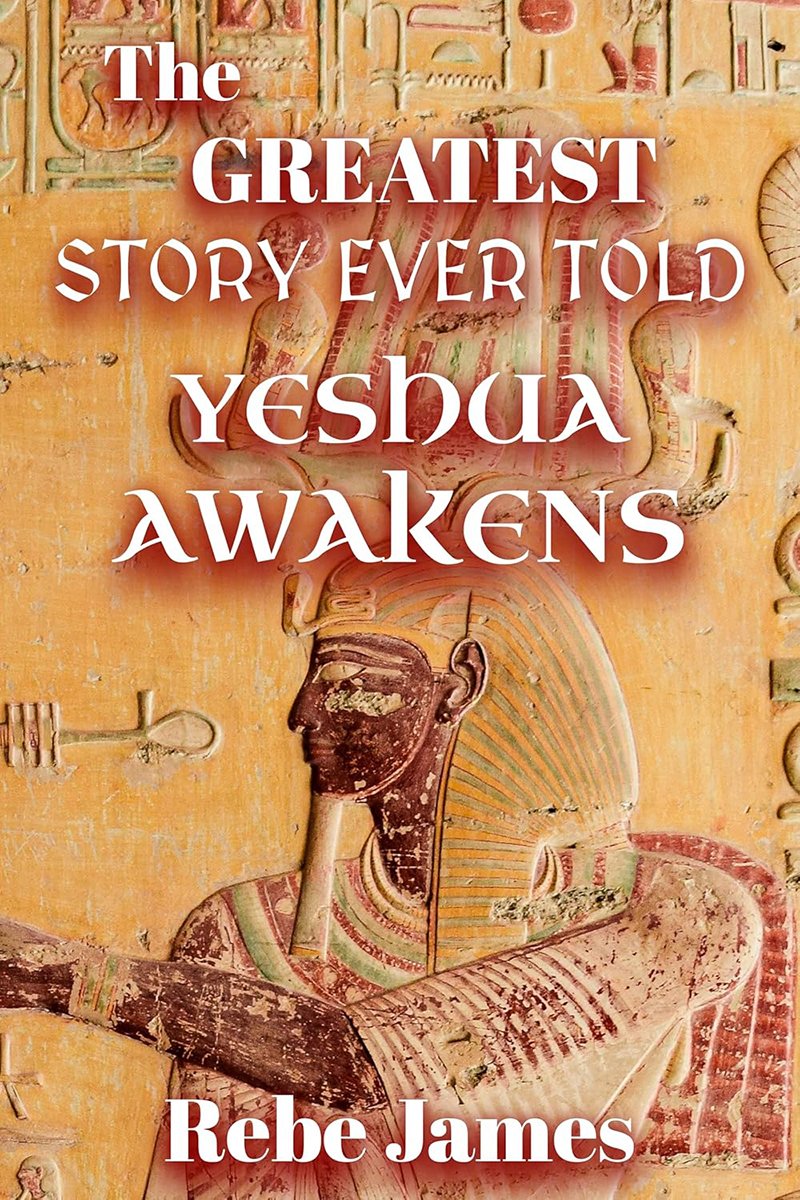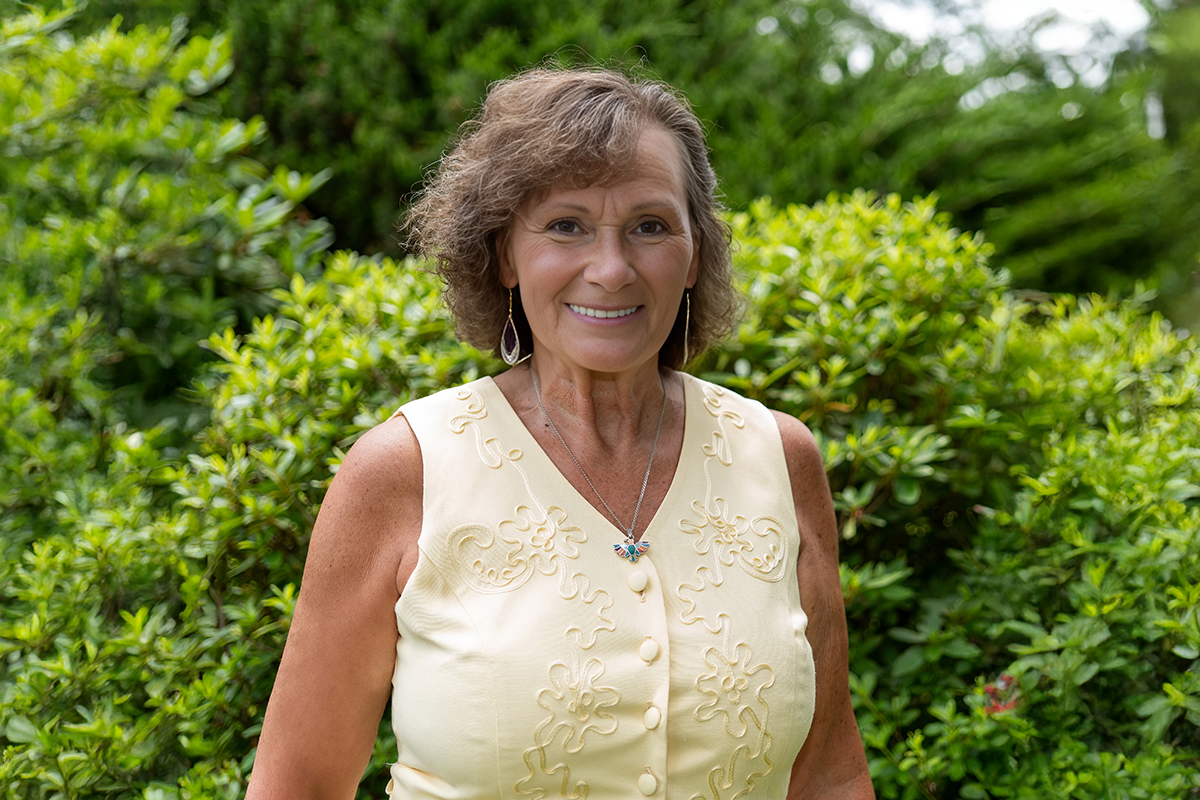PHOTO: Rebe James, engineer-turned-author, explores love and mystery within alternative biblical narratives in her speculative historical fiction.
Speculative History And Romantic Spirituality Intertwine In Fiction
Rebe James blends engineering precision with imaginative storytelling, offering a fresh perspective on biblical history through romance, spirituality, and speculative fiction that invites readers to question accepted truths.
Rebe James is not one to shy away from deep questions or tangled histories. With a mind trained in logic and engineering, and a heart drawn to story and spirit, she approaches fiction with both rigour and imagination. Her passion lies in exploring those uncomfortable edges where received truths begin to fray and new possibilities emerge—stories rooted in history, but unafraid to ask, What if?
In The Greatest Story Ever Told series, James re-examines familiar biblical narratives through the lens of romance, spirituality, and hidden knowledge. She introduces readers to a world where ancient characters come alive with emotional depth and fresh agency, particularly the women whose voices have long been silenced or softened by tradition. This reimagining is not a rebellion, but a revelation—layered with meticulous research and inspired speculation.
James’s background as an engineer lends her work a distinctive clarity. She is a careful observer and tenacious researcher, building her plots as one might construct a bridge: with strength, purpose, and an eye for what connects one point of time to another. Her fiction is not merely imaginative—it is investigative, driven by a hunger for truth and a respect for the unknown.
What emerges from her pages is a voice both grounded and curious, sceptical yet full of wonder. Rebe James writes with the conviction that history is not fixed, and that stories—especially those passed down for millennia—deserve to be questioned, and more importantly, retold.
Rebe James brings unmatched rigor and imagination to historical fiction, provoking deep thought and transforming centuries-old narratives with fresh insight.
Your series “The Greatest Story Ever Told” reimagines biblical narratives. What inspired you to approach these stories through a romantic lens?
I wanted to explain the dynamics of how Yeshua developed into the force that would eventually challenge the enormous power structure of his time. To me this involved his parents, and in particular his mother. Telling the story of the bond between an extremely knowledgeable and accomplished priestess, and one of the more powerful but rarely discussed Davidians of his time made the most sense, as both of these characters shaped the man Yeshua was to become. And who doesn’t appreciate the endorphins of a good love story?
In “The Yeshua Years,” you delve into historical fiction. How do you balance historical accuracy with creative storytelling in this context?
The key to this question is the theme of the series itself: What is the truth about our past? I’m not suggesting that historical accuracy is in the eye of the beholder, but neither do I subscribe to the belief that simply because someone in authority – religious or otherwise – states a narrative to be true and sacrosanct, that it is thusly so. A tremendous amount of research went into the development of characters and storyline for this series. I delved into material from orthodox bible researchers, established bible translators, conspicuously ignored Eastern writings, and modern academics who have been suggesting alternative theses for decades. I chose to mesh some of these concepts with logic and critical thinking to hopefully weave a story that is cohesive, plausible and thought provoking.
“I personally believe we can handle the truth, whatever it turns out to be.” – Rebe James
Your books often explore themes of spirituality and conspiracy. How do these elements influence your character development and plot progression?
To me, spirituality is connecting with divine knowing which is akin to understanding oneself and why we are here on this plane. I have given these traits to many of my characters, allowing them to grow and develop with the knowledge and wisdom offered throughout. Conspiracy filters in when wisdom is not automatically achieved through knowledge, primarily because basic information has either been withheld or distorted. I personally believe we can handle the truth, whatever it turns out to be. I’m hoping my books introduce a few soul-searching topics to broaden one’s understanding and enjoyment of literature.
“History should be considered a science as it accumulates details… to develop a thesis of the past.” – Rebe James
As an engineer by profession, how does your analytical background inform your writing process, particularly in historical fiction?
Engineers are taught to research, extensively and continually. When new information is available, we’re trained to refresh old ideas, hypotheses and assumptions and incorporate this material into the evidence stream. History I believe should be considered a science as it accumulates details uncovered over time to develop a thesis of the past. New archeological or other discoveries, if they don’t mesh with history as currently written, should initiate new theories and fact finding until a more accurate thesis is crafted. This would then remain in place until the next uncovering of exciting data. My philosophy on historical fiction does exactly that, it integrates alternative information to create new storylines.
Your works have been described as speculative history. How do you define this genre, and what sets your approach apart from others?
Speculative history is using a well-established narrative or story in time and modifying key characters, events and plotlines with believable intrigue to engage the reader into an imaginative, entertaining experience.
I believe because I am a trained engineer and have no bias towards uncovering or simply citing new research, even when it becomes uncomfortable, that I am well suited to develop creative storylines. My beliefs are not challenged by different or unconventional theories, they are instead inspired by the imagination of things which might or could have been.
In “The Greatest Story Ever Told: A Love Story,” you portray complex relationships. What challenges did you face in depicting these dynamics authentically?
The maze of religious characters throughout this series and how they relate to each other is quite intriguing. Trying to pull together a viable thread of who’s who which would hold water was challenging to say the least. The key for me was not falling into the rut of customary timelines and rhetoric from the plethora of established sources, including the Holy See. Men are fallible; science and history should strive not to be.
Keeping these complex relationships in focus was made more manageable by documenting extensive family trees as I uncovered them. I have dozens of these which I will continue to post to my website as time permits.
What advice would you offer to aspiring authors looking to blend historical events with fictional narratives?
Write what you love. Find topics which inspire you and begin digging in. Anya Seton’s brilliant work in researching the story of Kathryn Swynford, truly inspired me as a young reader and to this day remains my absolute favorite book.
Aspiring authors should spend time daydreaming; you’ll be amazed at what you already either know or suspect. Then I suggest channeling these ideas into a logical, believable plot line. Universe provides to those who ask. This is not praying per se, it is asking for knowledge that is already out there waiting to be tapped by your consciousness. Also, don’t be discouraged by what others might think of a given theme or conclusion. A degree in higher education is laudable, but hardly gives exclusive rights to knowledge or wisdom.
EDITOR’S CHOICE
Bold, thought-provoking, and deeply introspective, James masterfully weaves speculative fiction with spiritual philosophy, delivering a captivating exploration of humanity’s struggles and potential awakening.



